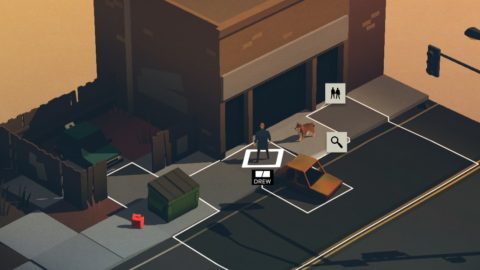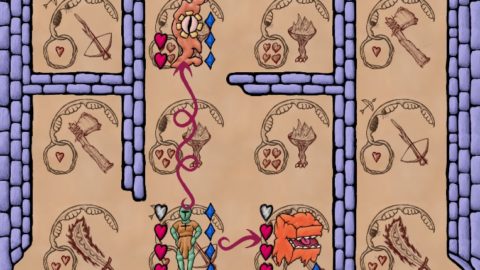
We Happy Few thinks you should maybe go off your meds
Among the many titles shown off as part of Microsoft’s press conference on Monday was We Happy Few by Compulsion Games. The demo opens with the player character looking up from a candy apple red microfiche reader and straight into a giant clock that reads FRI 9 OCT 64. Meanwhile, he is muttering in an English accent over what sounds like remembered screams and emergency announcements. All of this is to say very quickly that We Happy Few is set in a dystopian England with a strong Fallout-esque retro-future vibe. To top that off, I was delighted to learn that the…







